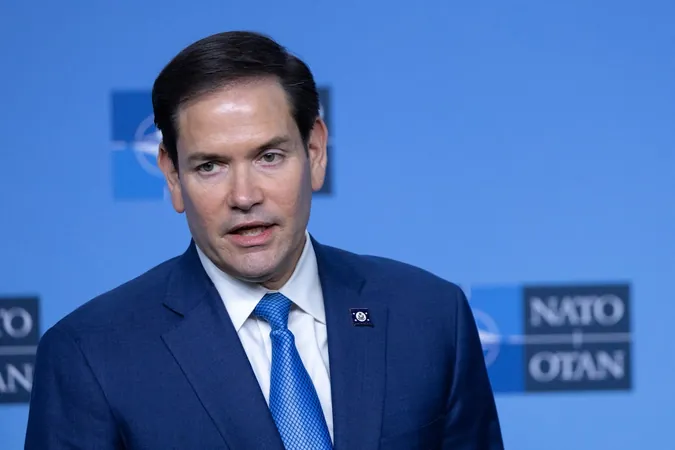
Rubio and New NATO Envoy Attempt to Reassure Allies Amid Trump’s Uncertain Commitments
2025-04-03
Author: Liam
In an effort to address the rising concerns among NATO allies regarding the United States' commitment to the alliance, U.S. Secretary of State Marco Rubio alongside the newly appointed U.S. ambassador to NATO, Matt Whitaker, took to Brussels for a crucial meeting with foreign ministers from member states.
This comes amid a backdrop of mixed messages from President Donald Trump, who has invoked apprehension regarding NATO’s future and his willingness to forge closer ties with Russia.
Rubio's Comments on NATO Hysteria
Rubio, speaking to reporters before the meeting, criticized what he termed the “hysteria and hyperbole” circulating in various media outlets about Trump's stance on NATO, despite the evident unease among allies regarding the U.S.'s role in global security.
“The United States is as active in NATO as it has ever been,” he stated, trying to mitigate fears that the organization's longstanding framework could suddenly become obsolete.
Whitaker's Reassurances
The dialogue continued with Whitaker reaffirming that under Trump's leadership, NATO would emerge as a more potent entity. “A robust NATO can continue to serve as a bedrock of peace and prosperity,” he commented, while also emphasizing that all member nations must contribute fairly to ensure NATO’s vitality.
Lingering Skepticism Among Allies
Yet, skepticism lingers among European allies and Canada. Given Trump’s recent overtures to Russian President Vladimir Putin—who views NATO with disdain—and his critical remarks directed at longstanding allies, tensions are palpable.
Recent decisions, including the imposition of new tariffs which may adversely affect allied nations, have intensified these anxieties.
Concerns Over Troop Withdrawals
Further complicating the situation, the discussions surrounding potential troop withdrawals have become a pivotal concern.
European leaders, including Dutch Foreign Minister Caspar Veldkamp, are acutely aware of the need for increased defense spending in light of a shifting security landscape—particularly since Russia's aggressive actions in Ukraine have heightened threats across the continent.
Meetings with NATO Secretary-General
During the meeting, NATO Secretary-General Mark Rutte fielded questions about the possibility of U.S. troop reductions, reassuring allies there were no imminent plans for a troop drawdown.
However, many are pressing for clarity regarding American military presence in Europe, with senior NATO diplomats calling for more explicit commitments from the U.S. to avoid a security vacuum.
Burden-Sharing Within NATO
This context highlights the critical issue of “burden-sharing” within NATO—an ongoing theme as European nations realize they may need to shoulder more responsibility for their own defense, especially in light of evolving U.S. defense priorities that appear increasingly focused on Asia and domestic borders.
Conclusion
As tensions continue to resonate across the Atlantic, how will NATO navigate its commitments and strategies in an era marked by uncertainty? The stakes are high, and both Europe and Canada are bracing themselves for the potential implications of the U.S.'s shifting priorities.
Will the alliance stand united, or will divisions deepen in the face of an evolving geopolitical landscape? Stay tuned for updates as this developing story unfolds.
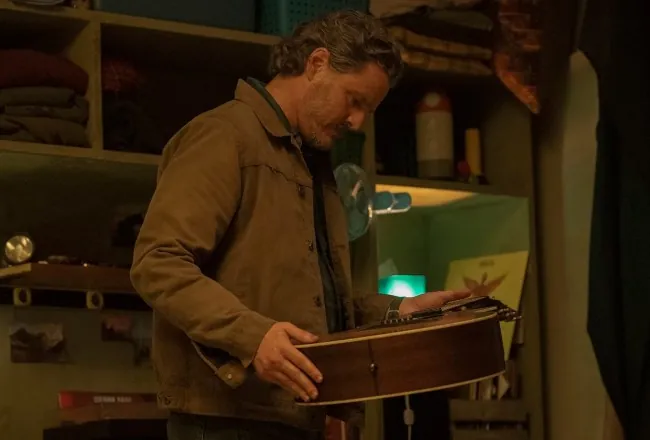


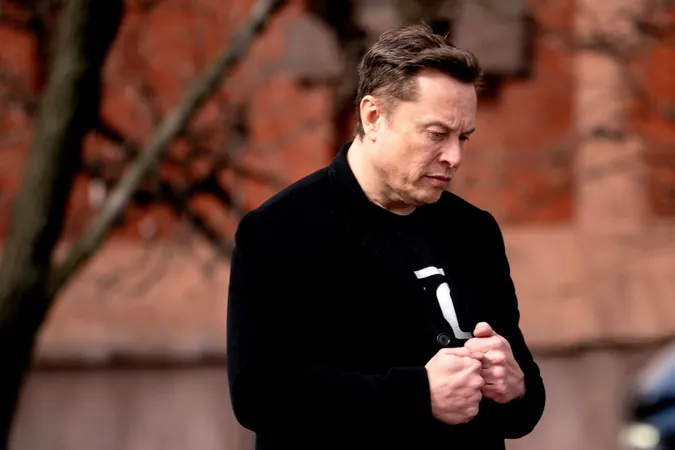


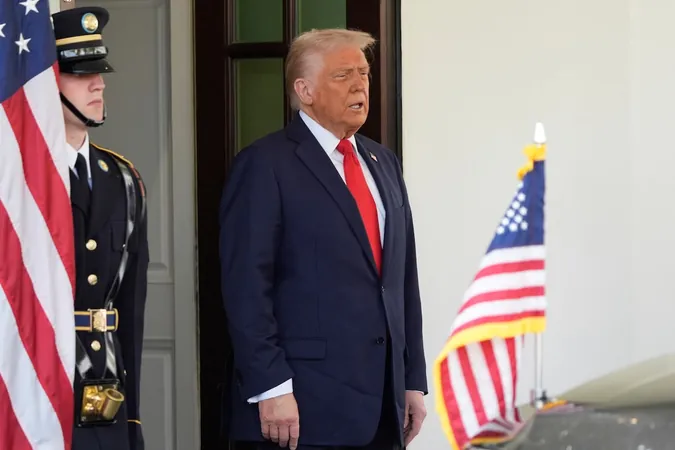
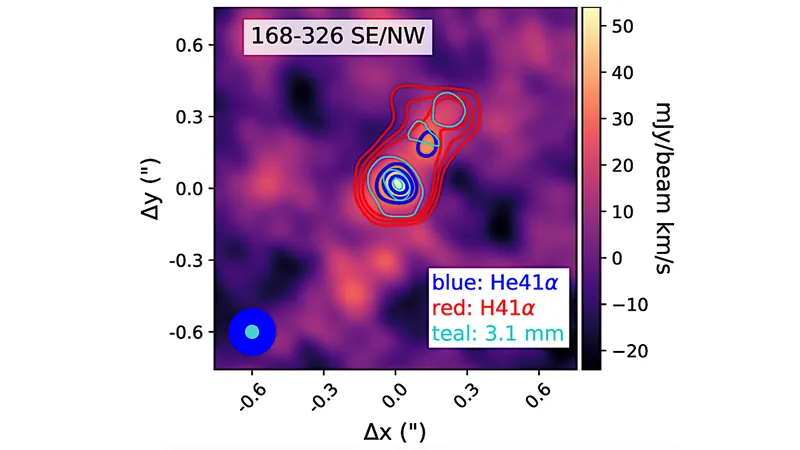
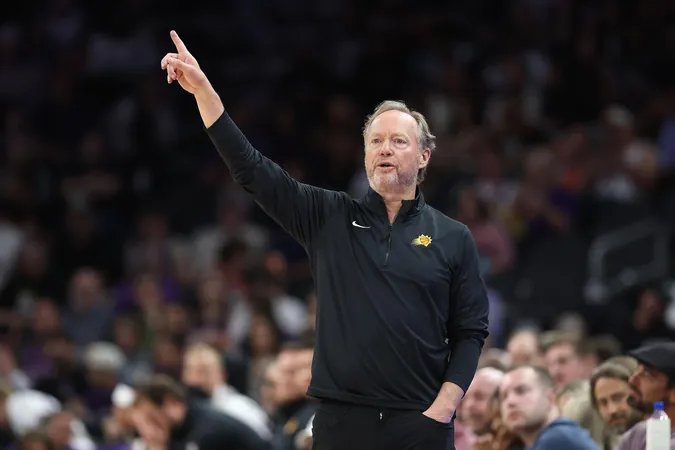
 Brasil (PT)
Brasil (PT)
 Canada (EN)
Canada (EN)
 Chile (ES)
Chile (ES)
 Česko (CS)
Česko (CS)
 대한민국 (KO)
대한민국 (KO)
 España (ES)
España (ES)
 France (FR)
France (FR)
 Hong Kong (EN)
Hong Kong (EN)
 Italia (IT)
Italia (IT)
 日本 (JA)
日本 (JA)
 Magyarország (HU)
Magyarország (HU)
 Norge (NO)
Norge (NO)
 Polska (PL)
Polska (PL)
 Schweiz (DE)
Schweiz (DE)
 Singapore (EN)
Singapore (EN)
 Sverige (SV)
Sverige (SV)
 Suomi (FI)
Suomi (FI)
 Türkiye (TR)
Türkiye (TR)
 الإمارات العربية المتحدة (AR)
الإمارات العربية المتحدة (AR)